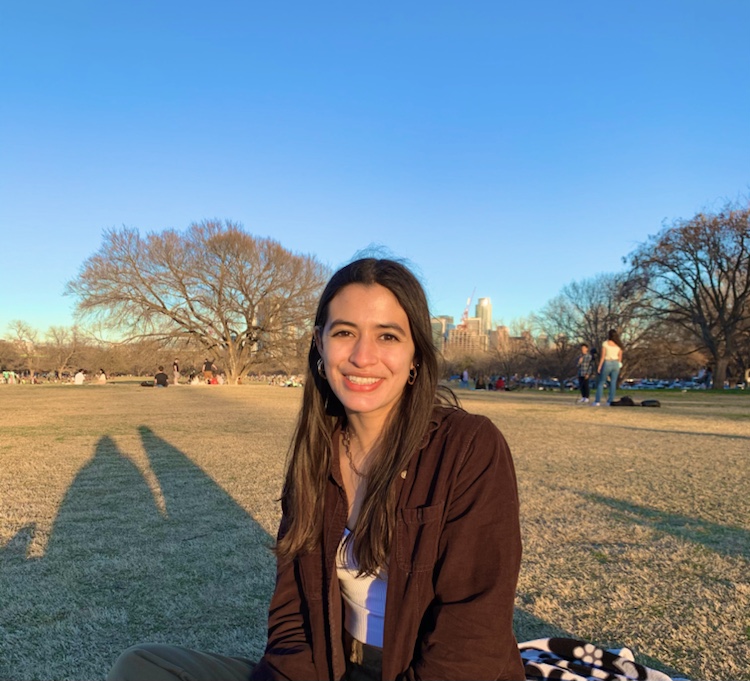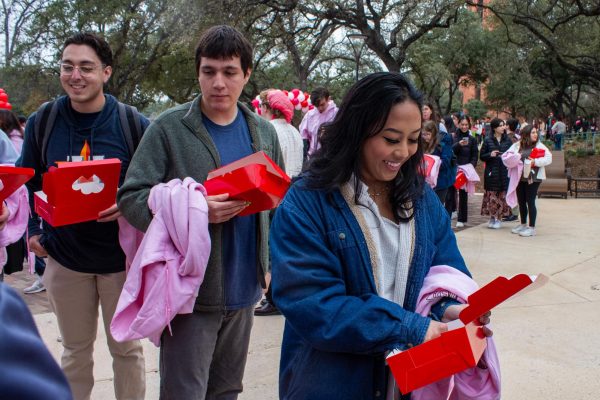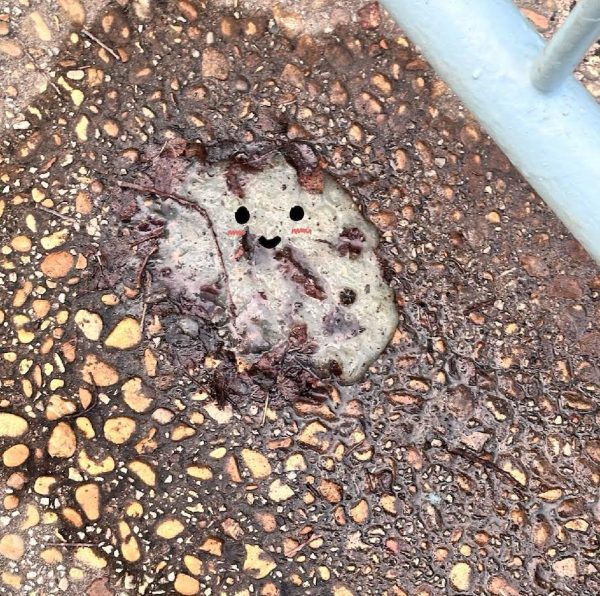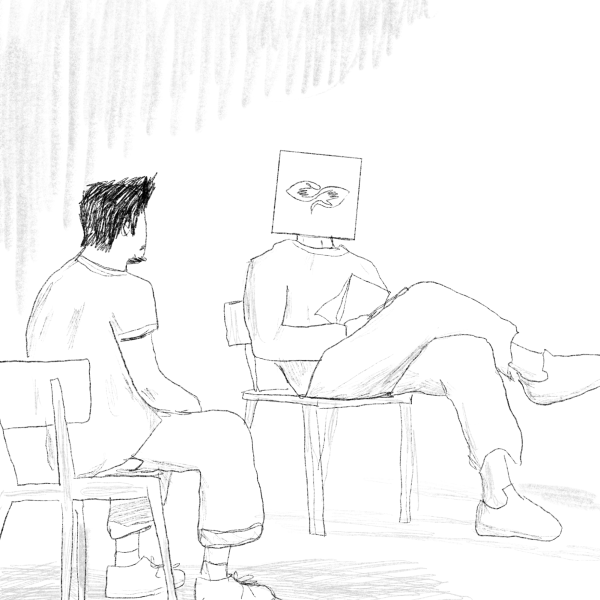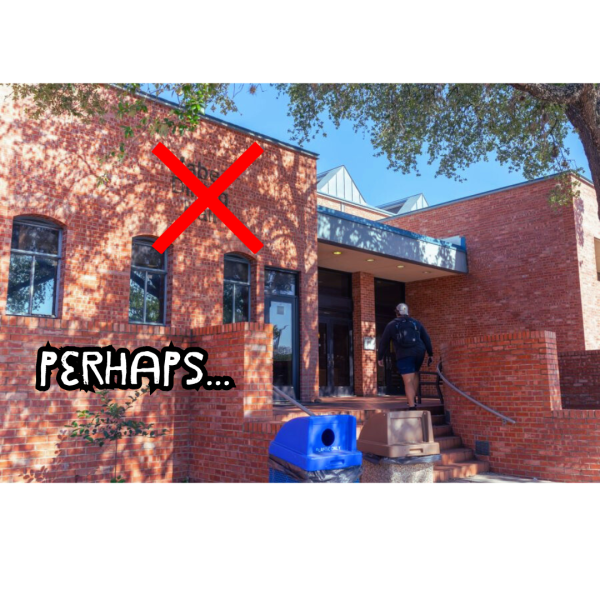Senior Gabriella Garriga looks to ‘mobilize real change’
Student Spotlight: Garriga’s extensive experience with social justice work has shaped her post-graduate career
Senior Gabriella Garriga, set to graduate this May with degrees in sociology and economics and a minor in Spanish, has always had an interest in addressing inequities in her community, particularly through the lens of policy-making.
In the first half of her undergraduate career, Garriga was heavily involved with the Trinitonian and HOPE Hall, a living community on campus that helps students “develop a special sense of community with their classmates through service learning, volunteering in the San Antonio community for a minimum of two hours per week.”
“In the first half of my Trinity career, I was extremely involved with the Trinitonian, mostly as a news reporter and news editor. I was also a member of HOPE Hall, which spends time volunteering at homeless shelters every week. I was still involved in these things my third year until the pandemic,” said Garriga.
Since the start of the pandemic, Garriga has dedicated herself to Trinity Diversity Connection (TDC), a university-sponsored organization that is “made up of students who care about diversity, inclusion and equity initiatives on campus,” according to Trinity’s website. Garriga has been involved with TDC since her sophomore year and is currently president.
“As a member and now president of TDC, I have learned how important it is for students to hold administrators responsible and call out injustice when we see it. Further, I’ve also been reminded about the power of coalitions and community engagement,” said Garriga.
The senior has also had several research opportunities during her time at Trinity, all of which tie into her passion for social justice and policy-making.
“In the education department, I conducted research about English Language Learner funding on a state level and how this influences learning outcomes. In the sociology department, I conducted public health research about disparities in infant mortality across race on a county-level. In the economics department, I am conducting spatial research in which we’re mapping enumeration districts from the 1940s which will be used to analyze how red-lining and racial segregation have influenced cities today,” said Garriga.
For her current thesis project, Garriga is “investigating the link between how we think and speak about homelessness and how our biases can relinquish the city from its responsibility to support the unhoused community during the pandemic.”
As for her post-undergraduate plans, Garriga has accepted a research assistant position at the Urban-Brookings Tax Policy Center team in Washington DC. She hopes to attend graduate school after a few years of work experience.
“I’ll be helping the team analyze federal, state, and local tax policies and their effects on vulnerable populations. I have always been passionate about public policy, and this position will give me the opportunity to jump into the work right away and with an organization that I’ve always admired,” said Garriga.
Garriga says that though her experiences may seem disjointed, they all tie into social justice and continuous learning.
“I have always been concerned with and passionate about social justice, and that passion has only grown since I’ve gotten to Trinity. I’ve found different ways to apply this passion throughout my time here. By working with the Trinitonian, I learned so much about the act of knowledge production and the importance of journalism as a form of accountability in a community. By being a member of HOPE Hall, I learned more about the problems that residents face in San Antonio and the ways in which the city supports and fails to support its residents,” said Garriga.
When asked about a faculty member who has positively impacted her, Garriga cited Benjamin Sosnaud, assistant professor of Sociology in the Sociology and Anthropology department. Sosnaud has been Garriga’s academic advisor and the chair for her senior thesis committee. The two researched public health policy over the summer, and Garriga has peer-tutored for one of his courses.
“Dr. Sosnaud has always supported my desire to explore and talked with me about my career and interests (even when they changed on a daily basis). I have learned so much about research and policy working with him, and I’ll always be grateful for all the opportunities and support he’s given me. My favorite thing about Trinity has always been that professors are not only at the top of their fields, but they also genuinely care about students’ growth and wellbeing here, and that is something I will miss after graduation,” said Garriga.
As for advice for first-year students, Garriga has a few words of wisdom that she wishes had been said to her during her first-year at Trinity.
“I wish I had known how much power students have to force change to happen within this institution. It is very easy to believe that our voices are small and unimportant, but as a unit, there is a lot the Trinity community could do to mobilize real change, so please get involved with local campaigns happening now (like Tigers Against Aramark and Mutual Aid)! Also, join TDC and the Trinitonian,” said Garriga.

